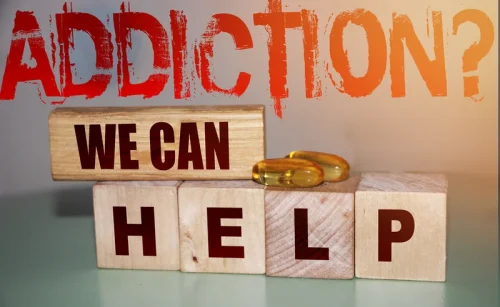Bookkeeping
Alcohol, conflict, and aggression in intimate relationships: A dyadic approach

In general, heavy and frequent drinking by the husband was predictive of lower relationship quality for the wife (Roberts & Linney, 2000). Several experimental studies have been conducted to examine the short-term effect of alcohol intake on feeding behavior and appetite control 3•, 5. A recent review summarized a number of these studies, showing that alcohol ingested before a meal has frequently been shown to have a neutral effect on intake, or to increase intake, despite the added energy that come from the alcohol preload 5.
- After all, partners and families are part of the journey and deserve help returning to normalcy.
- However, the results of the various cross-sectional and longitudinal studies examined in this review do not unequivocally support such a hypothesis.
- Explore our treatment centers online, or contact one of our admissions navigators at .
- To adequately quantify alcohol consumption frequency, it is necessary to combine the frequency of drinking with temporal variables, such as 1–2 times per day or 1–2 times per week.
Get screened for alcohol use disorder (AUD) and get treatment
Aside from the immediate influence on appetite that comes from alcohol consumption, there are also effects on energy storage. Alcohol inhibits fat oxidation, suggesting that frequent alcohol consumption could lead to fat sparing, and thus higher body fat in the long term 62. However, the results of the various cross-sectional and longitudinal studies examined in this review do not unequivocally support such a hypothesis. Finally, there is also evidence to suggest that traits that predispose individuals to binge drinking may also predispose to binge eating 66. Children and young adults in families affected by substance abuse often face unique and long-lasting challenges that can disrupt their emotional, social, and psychological development. Growing up in an environment where addiction is present can lead to a range of adverse effects, from behavioral issues to mental health struggles.
How Alcohol Destroys Relationships: Understanding the Emotional and Mental Impact

What constitutes where someone draws the line between acceptable and unacceptable alcohol effects on relationships drinking behavior? What kinds of behaviors elicit individuals to become more sensitive to their partner’s drinking? Do relationship conflicts unrelated to drinking exaggerate the sensitivity with which people pay attention to their partner’s drinking?
Constant Emotional Stress

In reality, they’re doing it for themselves while encouraging an unhealthy dynamic. Although there is evidence to suggest that frequent alcohol intake may predispose to weight gain or obesity over the long-term, this effect is not strongly reflected in the recent research. First, it has been found that alcohol intake increases energy expenditure, likely due in part to the fact that it has a high thermogenic effect 53. It has also been suggested that some of the energy ingested as alcohol is ‘wasted’, due to the activation of the inefficient hepatic microsomal ethanol-oxidizing system (MEOS).

Moderate and Excessive Drinking Defined
Future research must consider the other important factors that may influence the link between alcohol and obesity, some of which are discussed below. That is, drinking has the potential to both affect and be affected by events within the relationship. Furthermore, the onset of both relationship problems and alcohol abuse may be precipitated by stressors such as family disruptions, financial problems, and job losses unrelated to drinking problems (Duncan, 1978; Krueger, 1981; Noone, Dua, & Markham, 1999). Although the etiological associations are still unclear, once both problem drinking and relationship distress coexist, the reciprocal influence results in a negative feedback loop with detrimental consequences for each individual and for their relationship. It is clear that the link between alcohol problems and relationship outcomes is a dynamic one.

